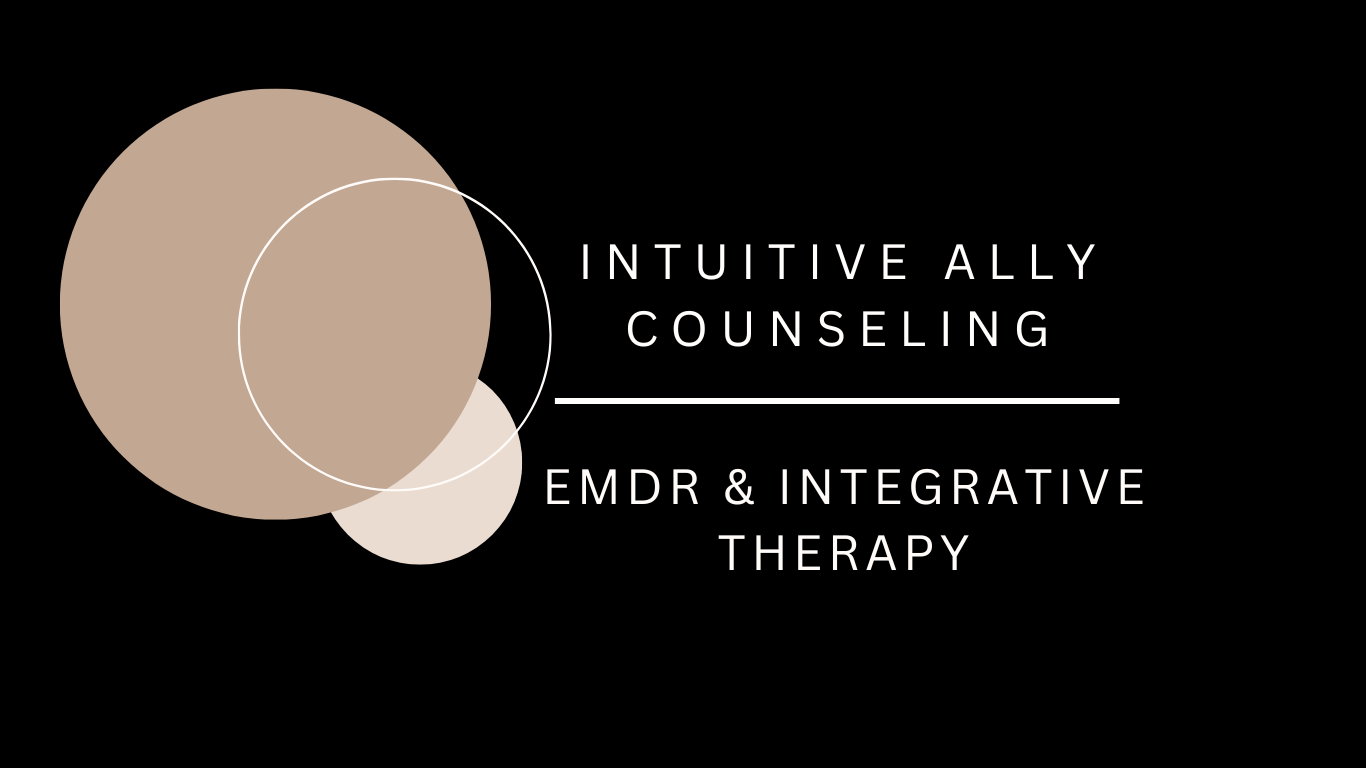How to Find Love Based on Your Attachment Style: The Science of Relationship Compatibility
According to attachment theory, we all have a blueprint for how we expect to be loved and what our ideal relationship would look like. This theory has been used as a tool for therapists for years to help patients better understand their past relationships and figure out what they need in order to find lasting love. So, what is attachment theory exactly? And how can it help you find – and keep – the love of your life? Read on to find out more. (:
The psychology of love is a complex topic. But, at its core, attachment theory is about how we form and maintain close relationships with others. It's based on the idea that we all have different "attachment styles," which dictate how we interact with our romantic partners.
There are three main attachment styles: secure, anxious-ambivalent, and avoidant. People with a secure attachment style tend to feel comfortable with intimacy and are able to express their emotions easily. They're also pretty good at handling conflict in a relationship. On the other hand, people with an anxious-ambivalent attachment style tend to be more clingy and insecure in their relationships. They might have a hard time trusting their partner or expressing their needs. And, finally, people with an avoidant attachment style often have a difficult time getting close to others. They might seem distant or even cold at times and have trouble communicating their feelings.
So, how does this all relate to finding love? Well, according to some experts, your attachment style can actually dictate who you're compatible with – and who you're not. For example, someone with an anxious-ambivalent attachment style might be a good match for someone with a secure attachment style. That's because the secure person can provide the stability and reassurance that the anxious-ambivalent person needs. On the other hand, someone with an avoidant attachment style might do better with another avoidant person. That's because they're both likely to be comfortable with distance and independence in a relationship.
Of course, this is just a general guideline. Ultimately, compatibility is about finding someone who makes you feel good – and vice versa. But, if you're struggling to find lasting love, it might be worth considering your attachment style and whether or not it's compatible with your partner's. After all, the science of relationships is always changing – and there's no one formula for love. (:)
So far we've talked about what attachment theory is and how it can help you find lasting love. But what if you're already in a relationship? Can understanding your attachment style help improve things?
The short answer is yes! If you're having trouble in your relationship, attachment theory can be a helpful tool for figuring out what's going on. For example, let's say you have an anxious-ambivalent attachment style and you're always feeling insecure and jealous in your relationship. After doing some research, you might realize that part of the reason you feel this way is because your partner has an avoidant attachment style. And, as we mentioned before, people with an avoidant attachment style often have a difficult time getting close to others.
Once you understand this, you can start to work on addressing your own insecurity and jealousy. You can also try to find ways to help your partner feel more comfortable with intimacy. Of course, it's important to remember that change takes time, and there's no one formula for a perfect relationship. But, if you're struggling to find lasting, healthy relationships, understanding your attachment style and working with an experienced therapist might be a good place to start. (:)
